CSRD creates new winners in real estate
October 4, 2023
“The EU-directive CSRD will have a huge impact on the real estate industry. Some companies might start feeling the effects now,” sustainability advisor Anja Molnes in Varig writes.
PwC-partner and Head of Auditing Eli Moe-Helgesen describes CSRD as ‘the greatest change in company reporting for many decades’. Others have referred to it as a paradigm shift.
But what is CSRD? And why do also companies outside of the Union stay on top of it?
This is CSRD (and ESRS)
Corporate Sustainability Reporting Directive is a EU directive requiring companies to report on a set of criteria connected to sustainability.
The aim is to facilitate that the needed and ongoing green transition aligns with the UN Sustainable Development Goals and the EU Green Deal. The directive shall ensure reliable and comparable information on environmental, social and governance (ESG) issues. And make this information available for scrutiny.
While CSRD, simply put, dictates who need to report when, ESRS (European Sustainability Reporting Standards) is the framework for the reporting; the actual information one needs to disclose through the reporting.
Some of what the standard demands is that the company discloses risk assessments, performs a double materiality analysis, does climate accounting and describes how company guidelines support sustainable development in a range of fields connected to ESG.
Moreover, the report needs to contain information about the business model, objectives, strategies, plans and action-points. This to determine that the company evolves in alignment with the goals of the Paris Agreement and the objective of net-zero by 2050. Just to point towards some of it.
Companies that fail to comply are facing severe sanctions. EU’s demands to its member states is that the penalties are “effective, proportional and deterring”.
When do you have to report?
The first Norwegian companies – required to report results of the fiscal year 2024 – are large listed companies with more than 500 employees. The year after other large companies follows.
To be defined as a large company one needs to exceed two of the following three thresholds:
- Balance: 160MNOK (approx. €13M)
- Turnover: 320MNOK (approx. €25M)
- More than 250 full time employees
There is reason to believe CSRD will apply quite quickly to many real estate companies. Many of the companies possess asset values and tenant revenues well above the mark. Some will be required 2024-figures in 2025. But many will have to report 2025-figures in 2026.
The ripple effect of the CSRD will, however, be felt before one is obligated to report. This because the largest companies are required to disclose data both upstream and downstream in their value-chain.
As such, most real estate businesses will need to gain control over their data now. If not for one’s own reporting, then for the reporting demand of for instance the bank which helped financed one’s assets.
What do you need to do?
First you need to figure out when you’re required by the CSRD to report. And, again, when other companies in your vertical are required to report. You need to be prepared to disclose both qualitative and quantitative sustainability data. Either to said bank, who needs to map the energy consumption and emissions of its lending portfolio. Or one of your tenants might be affected straight away from the CSRD.
Thereafter, you need to obtain an overview of the information you’re required to disclose, acquire the competence needed to report correctly, and have systems and routines in place to gather and structure the sustainability data that is requested to meet the ESRS.
A steep hill for many
Ambitions and aspirations of climate neutrality and green rhetoric are no longer enough. Scope, methods, and frameworks for the goals, plans, measures, and progression now needs to be documented. And approved by an authorized auditor.
All who has worked with sustainability matters know that this is time-consuming and demanding. It is therefore alarming that a recent BDO-report uncovered that most Norwegian companies have a long way to go with their sustainability efforts. However, regardless of your current position, it is decisive that you get going now.
Increasing demands from tenants
Sustainability conscious (and reporting obliged) tenants are expected to have much tougher demands towards their landlords than before. This could be anything from demands in energy labelling and other certifications to access to the buildings operational emissions data.
To top it all off, the new tenant standards emphasizes environmentally conscious use and operations for their rental spaces to a much greater extent than before.
These are the winners
Companies that can demonstrate sound sustainability performances in their annual reports can be rewarded with a bettered reputation, increased tenant revenue, eager investors and favorable terms and conditions from financial institutions.
Sustainability has become «big business», and the real estate companies set to succeed in the future are the same one’s as those succeeding with their sustainability efforts. As disclosed by the CSRD and the ESRS.
Explore our software